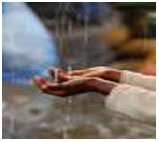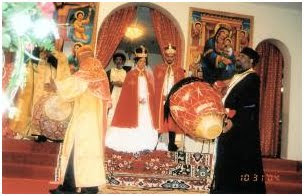When Enkutatash Dawns: The Dance of Resolutions and the Courage to Change

As Enkutatash approaches, I feel that familiar tug—the whisper of resolutions. We scribble them in journals, on phone notes, in the quiet corners of our minds. Why? Because beneath the rituals and revelry, we sense something needs to shift: routines gone stale, dreams gathering dust . Yet for all our fervor, the truth stings: most resolutions crumble. We crave a catalyst, a threshold like the Ethiopian New Year, Enkutatash, to finally leap toward renewal . Why do we do it? Perhaps because deep down, we feel that something in our lives—our routines, our attitudes, our circumstances—needs a shake-up. We crave transformation. But we also seem to need a moment of momentum, a milestone in time to break from our ingrained habits. Otherwise, why would we wait for Meskerem to reinvent ourselves? Still, if we’re being honest, turning those resolutions into reality is no small feat. While I don’t have hard statistics to prove it, I suspect many Ethiopian New Year’s res...











